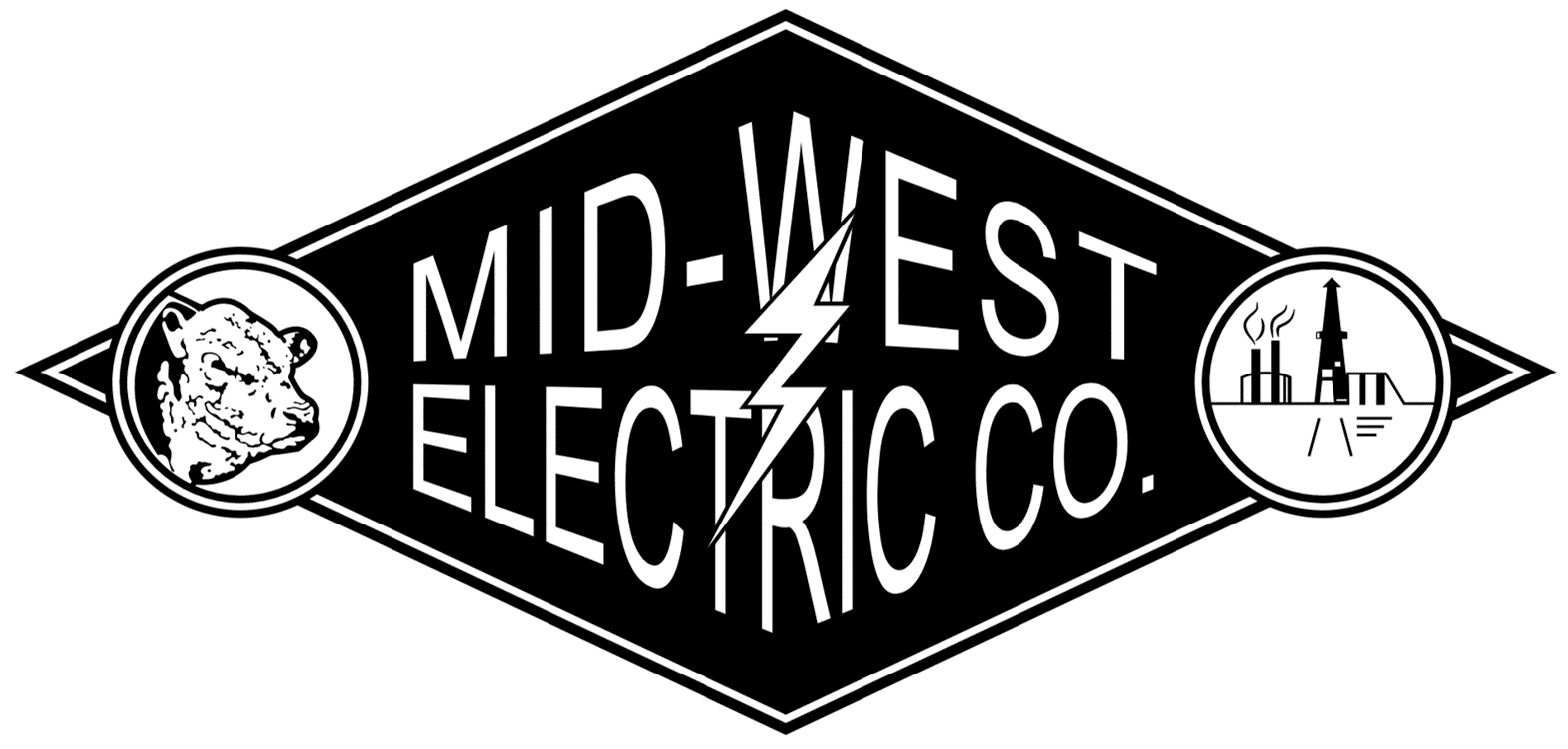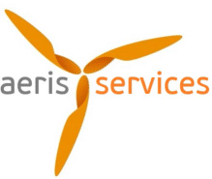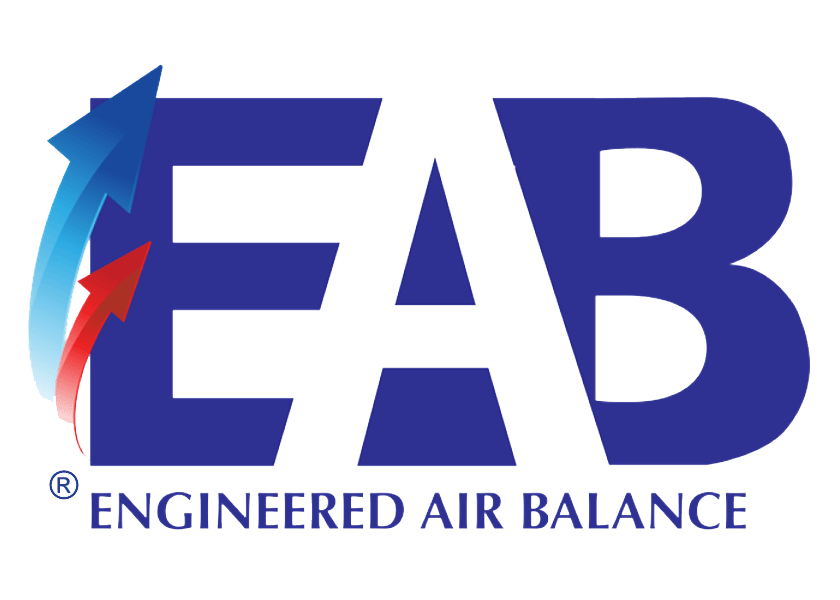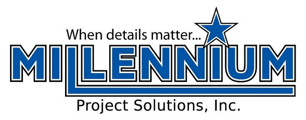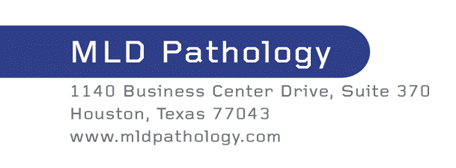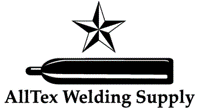Turnover doesn’t just impact the bottom line; it hits your team’s morale and productivity hard. When a valued employee leaves, it can create a ripple effect—leading to increased stress, uneven workload distribution, and a sense of instability among the remaining team. Those who stay often have to pick up the slack, stretching themselves thin and leading to burnout or frustration.
On top of the emotional toll, the financial costs of turnover can be significant. The time and resources it takes to recruit, interview, and hire a replacement add up fast. Industry estimates suggest it can cost anywhere from 50% to 200% of an employee’s annual salary to backfill a position, depending on the role. But the costs don’t stop there. Once you’ve hired someone new, it takes even more time to onboard and train them, often pulling managers and experienced team members away from their day-to-day responsibilities. This lag in productivity can take months, and during that time, overall team output suffers.
Employee turnover is more than just an HR issue—it’s a sign that something deeper is at play within your organization. High turnover rates can be a symptom of underlying issues in your recruitment processes, role clarity, company culture, and internal communication. Across all industries including construction, manufacturing, energy, and skilled trades, where specialized skills and tight project timelines are critical, addressing these root causes is essential to keeping your team strong, efficient, and engaged. Let’s look into how these factors influence turnover and what you can do to create a more stable and motivated workforce.
1. Recruiting and Onboarding Processes
First impressions matter. When your hiring process is rushed or doesn’t attract the right talent, it’s a recipe for high turnover. In industries where precision, safety, and teamwork are vital—like manufacturing or construction—hiring the wrong person can lead to safety risks, production delays, and costly mistakes. Are your job postings accurately reflecting the skills and attributes needed for the role? Are you screening for cultural fit as well as technical skills? Ensuring your recruiting process is aligned with both the role and your company values is key to long-term retention.
Once hired, the onboarding process is your chance to immerse new employees in your culture and set clear expectations. Too often, onboarding is treated as a paperwork drill rather than a structured, engaging program. But in industries like energy or skilled trades, where the learning curve can be steep, a solid onboarding program is essential for success. It’s not just about compliance training—it’s about setting new hires up for success, from safety protocols to understanding the chain of command on job sites. A well-planned onboarding process not only helps employees hit the ground running but also makes them feel part of the team, which is critical in reducing turnover.
Retention starts early. If new hires feel disconnected or unsupported in their roles from the start, they’re likely to disengage and eventually leave. Misalignment between what was promised during recruitment and the actual job realities can quickly lead to frustration. For example, if a project manager in construction expects to lead strategic projects but ends up doing administrative work, they’re unlikely to stay. Building transparency and support into the early stages of employment is key to retention.
2. Role Clarity, Career Progression, and Recognition
When employees don’t know exactly what their responsibilities are, it leads to confusion, frustration, and inefficiency. Role clarity is critical in all industries, where everyone from front line workers to operators to supervisors needs to understand their role within a larger process. Without clear expectations, employees can feel overwhelmed or underutilized, which often drives them to seek opportunities elsewhere. By clearly defining roles and ensuring that expectations are communicated early and often, you can give employees the structure they need to succeed.
Equally important is career progression. Employees in the skilled trades, for instance, often want to see a path to advancement—from apprentice to journeyman to master technician. If they don’t see opportunities to grow, they may seek them elsewhere. Providing training, mentorship, and clearly outlined career paths can help employees see a future within your company. Continuous learning and development should be encouraged, whether through certifications, cross-training, or leadership development programs, especially in technical fields where staying up-to-date on industry advancements is crucial.
Recognition and rewards are also essential. Employees who feel undervalued are less likely to stay long-term. In industries like energy or construction, where projects are large and complex, individual contributions can sometimes get lost. Regularly acknowledging employees for their hard work, whether through formal recognition programs or simple, day-to-day appreciation, goes a long way in keeping them engaged and motivated. The more employees feel seen and valued for their efforts, the more loyal they become.
3. Company Culture Through Leadership and Employee Engagement
Leadership directly influences company culture, and great leaders inspire retention. In industries like construction and manufacturing, where managers often work closely with teams on-site, the tone set by leadership is felt daily. Leaders who communicate well, support their teams, and prioritize both safety and success foster a positive culture where employees feel respected and motivated. On the other hand, poor leadership leads to dissatisfaction, disengagement, and eventually turnover. Investing in leadership development at every level is critical to maintaining a culture that supports retention.
Employee engagement surveys are a valuable tool to gauge what’s working and what isn’t in your company’s culture. These surveys provide insight into what motivates your workforce and where improvements can be made. For example, in industries with high physical demands, like energy or skilled trades, employees may value safety and recognition programs more highly than other incentives. Gathering this kind of feedback allows leadership to make informed decisions that directly address employee needs.
Building a strong company culture is a powerful retention tool. Employees who feel like they’re part of a positive, inclusive culture are far more likely to stay with your company, even when challenges arise. A culture of trust, respect, and two-way communication, where employees feel supported and valued, keeps teams together. For instance, in high-pressure environments like manufacturing, where deadlines and quality are critical, a positive, team-oriented culture helps employees stay engaged even during busy seasons.
4. Intentional Organizational Communications – The ‘Why It Matters’
Clarity in communication builds trust. When leadership clearly communicates the company’s mission, goals, and expectations, employees feel more aligned with the company’s vision. This is especially important in industries where complex projects require everyone to be on the same page. If communication is inconsistent or confusing, it leads to frustration and disengagement. Employees want to understand not just what they’re doing, but why it matters. Helping them see how their work directly contributes to the company’s success fosters a deeper connection to their role.
Consistency in communication is also key. In organizations with multiple teams or job sites, poor communication can lead to costly mistakes and dissatisfaction. Employees want to feel informed about what’s happening at both the company and project levels. Clear, regular updates keep everyone aligned and focused on shared goals, reducing confusion and uncertainty.
Leaders who explain the ‘why’ behind their decisions foster stronger engagement. Employees are more likely to buy into new initiatives or changes when they understand the reasoning behind them. For example, in energy or construction, changes in safety protocols or new project management tools might meet with resistance if employees don’t understand why they’re necessary. Explaining the purpose and benefits of these decisions helps employees feel more involved and connected, reducing feelings of alienation and improving retention.
Turnover isn’t just an HR problem—it’s a symptom of deeper issues within your organization’s processes, culture, and communication. By addressing these root causes—streamlining recruiting and onboarding, clarifying roles and career paths, building a positive culture through strong leadership, and maintaining clear, consistent communication—you can create an environment where employees feel valued, engaged, and ready to contribute for the long haul. In high-stakes industries like construction, manufacturing, energy, and skilled trades, this proactive approach can help you retain top talent, boost morale, and drive sustainable success.
At Achilles Group, we don’t just focus on surface-level problems like high turnover—we dig deeper to uncover the underlying issues that are impacting your organization. Through a thorough analysis of your HR processes, company culture, and employee engagement, we identify the root causes behind the symptoms you’re experiencing. Whether it’s refining your recruiting and onboarding practices, clarifying roles, or improving leadership development, our team guides your leaders in making the strategic changes necessary to drive long-term improvements and create a more engaged, stable workforce.

















